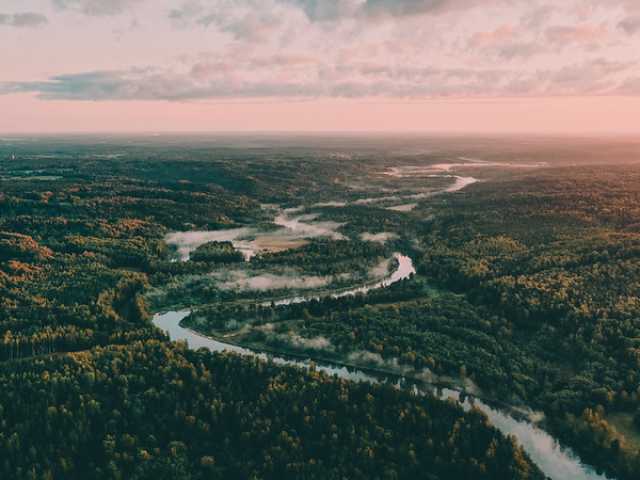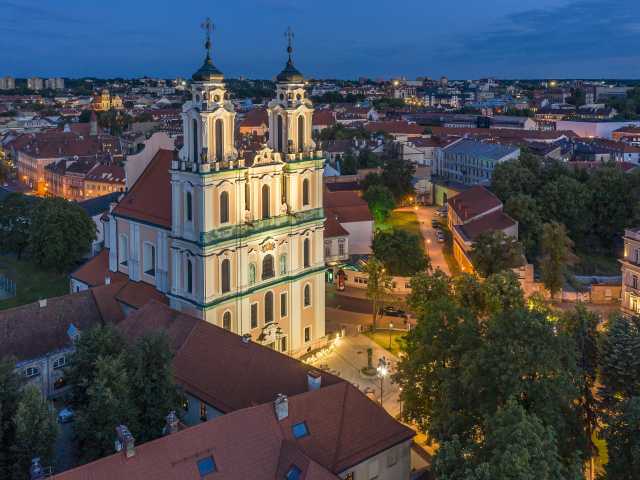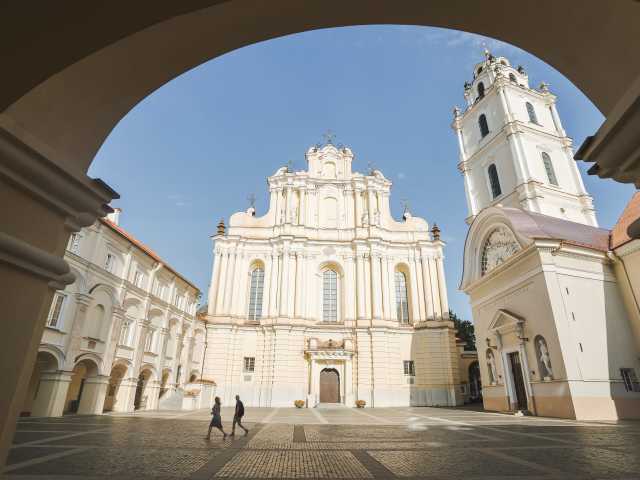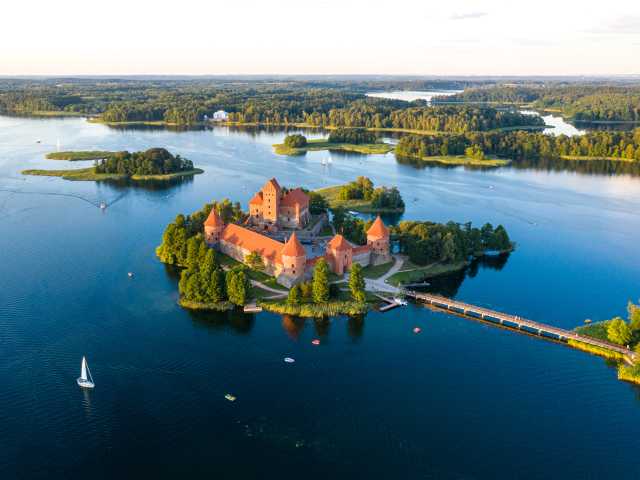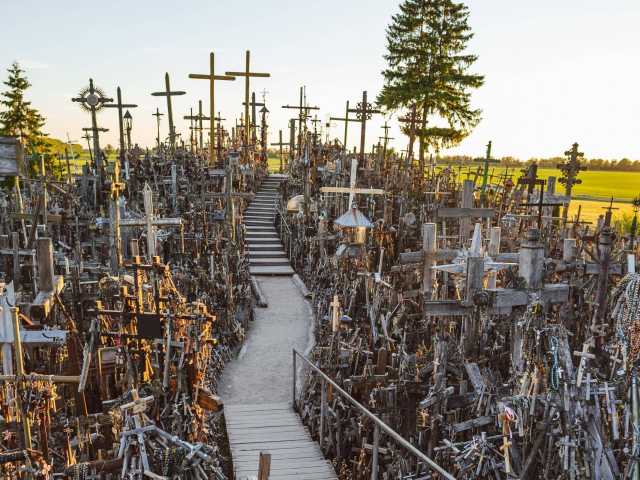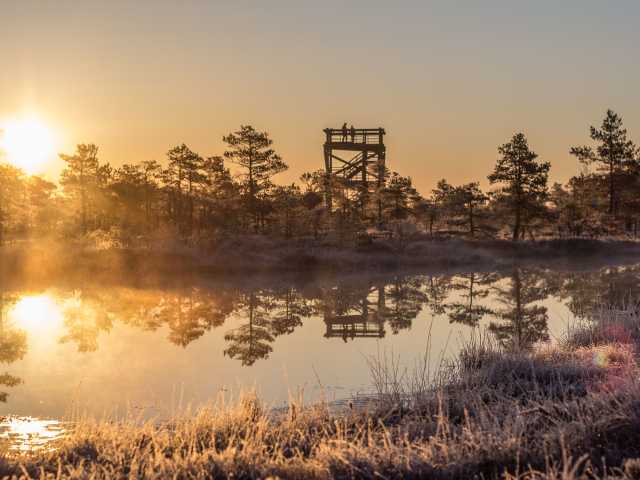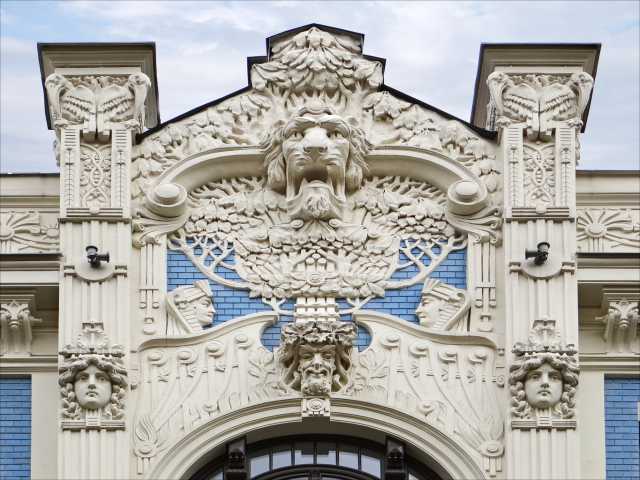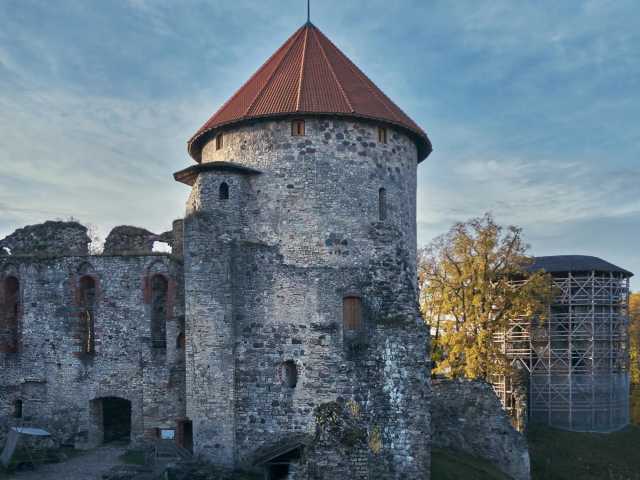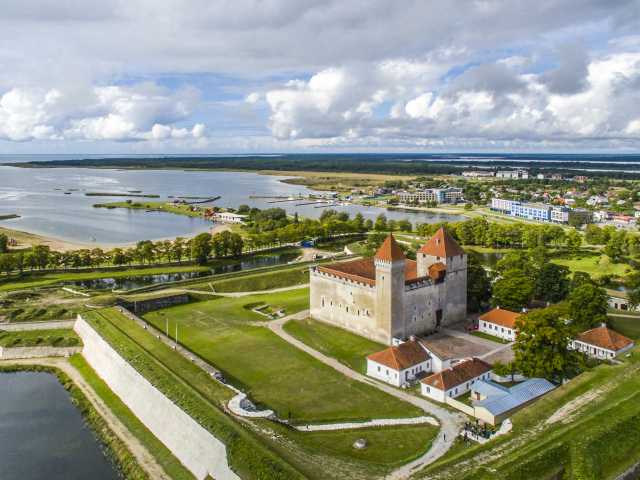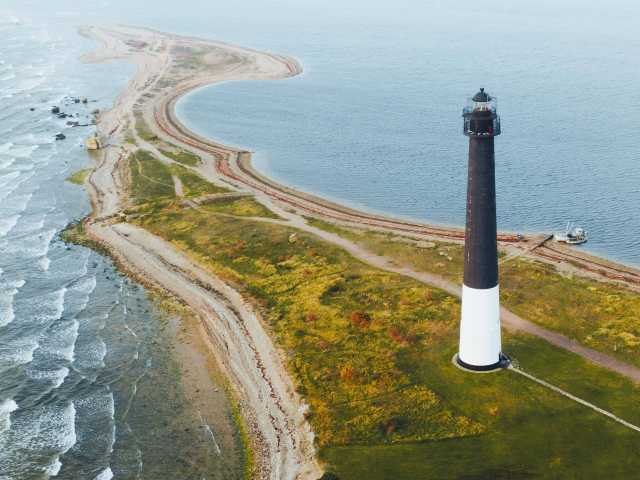Litauen, Land der Legenden und unberührten Natur
4.8/5343 Bewertungen
Entdecken Sie die verborgenen Schätze Litauens.
Ein Land, in dem Geschichte und Natur aufeinandertreffen.
Sehenswerte Orte
Tauchen Sie ein in Litauen: eine Reise zwischen Tradition und Moderne
Wie ihre nahen Cousinen Lettland und Estland erlangte Litauen erst 1990 nach einem halben Jahrhundert sowjetischer Besatzung seine Unabhängigkeit zurück. Das litauische Volk mit seiner tausendjährigen Kultur musste in seiner Geschichte oft mit einem Eindringling klarkommen, sei es aus Polen, Deutschland oder Russland, bevor es 2004 der Europäischen Union und 2015 der Eurozone beitrat. Vielfältige künstlerische und architektonische Einflüsse finden sich insbesondere im historischen Zentrum der Hauptstadt Vilnius, das zum UNESCO-Weltkulturerbe gehört, sowie in Kaunas, der zweitgrößten Stadt des Landes, mit ihren 60 Museen und Galerien.
Aber Litauen zu besuchen, ob als Paar oder mit Freunden, mit einem Mietwagen für eine Autotour oder auf einer begleiteten Rundreise, bedeutet auch, ein flaches Land zu entdecken, das von Wäldern, Seen und Flüssen wie der Memel und der Vilnia durchzogen ist, nicht zu vergessen die fünf Naturjuwelen, die die Nationalparks Kurische Nehrung, Dzukija, Žemaitija, Trakai und Aukštaitija bilden. Eine Reise nach Litauen sollte schließlich die zahlreichen Badeorte an der Ostseeküste mit ihren herrlichen weißen Sandstränden wie in Palanga nicht vernachlässigen.
Ein versteckter Schatz des Baltikums zu entdecken
Willkommen im größten und bevölkerungsreichsten der drei baltischen Staaten. Eine maßgeschneiderte Reise nach Litauen wird Sie dazu führen, eine unberührte Natur, fernab vom Massentourismus, und ein Land mit unerschöpflichen historischen und kulturellen Ressourcen zu entdecken.

Die Schätze, die es in Litauen zu entdecken gibt
Vilnius, das von den beiden Weltkriegen verschont blieb, bietet ein vollständig zum UNESCO-Weltkulturerbe erklärtes historisches Zentrum. Dieser architektonische Schatz umfasst bemerkenswerte Denkmäler wie den Gediminas-Turm, die St.-Stanislaus-Kathedrale und die St.-Anna-Kirche, umgeben von Häusern mit farbenfrohen Fassaden, die typisch für Nordeuropa sind.
Kaunas, vor mehr als tausend Jahren gegründet, begeistert Liebhaber alter und moderner Architektur mit seinen zahlreichen befestigten Türmen, dem barocken Rathaus und dem berühmten Teufelsmuseum.
Das legendäre Schloss Trakai, westlich von Vilnius auf einer malerischen Insel gelegen, ist die ehemalige Residenz der Großfürsten von Litauen. Es ist ein ideales Ziel für einen Ausflug in einer bezaubernden Umgebung.

Ungewöhnliche Entdeckungen in Litauen
Die Kreuze des Hügels von Siauliai
Litauen wird manchmal "das Land der Kreuze" genannt. Seit seiner Bekehrung zum Christentum im 14. Jahrhundert ist sein Gebiet davon übersät. Der emblematischste Ort befindet sich im Norden, in der Nähe der Stadt Siauliai, auf einem Hügel, der mit Dutzenden von Holz- und Eisenkreuzen übersät ist. Es ist ein unglaublicher Wallfahrtsort.
Die wilden Bisons des Aukstaitija-Parks
Der Bison ist ein Tier, das in der litauischen Mythologie und Kultur sehr präsent ist. Zu Beginn des 20. Jahrhunderts fast ausgerottet, wurde der wilde Bison im prächtigen Nationalpark Aukstaitija, im Osten des Landes, in der Nähe der Grenze zu Belarus, wieder angesiedelt.
Die Kurische Nehrung
Im Westen des Landes, in der Ostsee gelegen, erstreckt sich die lange Sandlagune der Kurischen Nehrung auf der Halbinsel Neringa und liegt zwischen Litauen und der russischen Enklave Kaliningrad. Eine atemberaubende Landschaft aus hohen Dünen, die fast an die Sahara erinnert!
Ein lebendiges Museum des mittelalterlichen Europas
Evangelisiert, ob freiwillig oder gezwungen, spät und oberflächlich, widersetzten sich die Litauer auf ihre Weise der Christianisierung. Durch passiven Widerstand, eine Integration der christlichen Mythen in den grundlegenden indoeuropäischen Glauben bis hin zum Synkretismus, eine Umleitung der Kultmodalitäten, waren alle Mittel recht, um ihr vorchristliches Erbe bis heute zu bewahren. Dies ermöglicht es heute, dort Traditionen, Bräuche und Kultformen zu entdecken, die, obwohl sie seltsam erscheinen mögen, nicht wirklich fremd sind: Sie teilen dieselben indoeuropäischen Wurzeln wie jene, die in Westeuropa vor dessen Evangelisierung existierten. Indem sie sich in erster Linie gegen die christliche Religion richteten und die Mehrheit der archäologischen Versuche blockierten, die ein anderes Erbe als das des homo sovieticus enthüllen könnten, hatte die sowjetische Herrschaft den unerwarteten Effekt, einen kulturellen und historischen Bestand zu bewahren, der nicht übernutzt oder verfälscht wurde.
Eine außergewöhnliche Lebensqualität
Diese außergewöhnliche Lebensqualität ist vor allem auf die zahlreichen kulturellen Aktivitäten und Veranstaltungen in den großen Städten zurückzuführen, aber auch darauf, dass die Natur im Herzen der Litauer einen besonderen Platz einnimmt. Dies hat es der Natur ermöglicht, sich bis ins Zentrum ihrer Städte zu entfalten. Die Hauptstadt ist voller Parks und Grünflächen und wird auch von Wäldern umgeben.
Darüber hinaus sind die Litauer für ihre Vorliebe für Ruhe und Langsamkeit bekannt. Beim Spaziergang durch das Zentrum von Vilnius spürt man nicht den Stress einer Metropole. Ebenso verhält es sich mit der täglichen Sicherheit: Eine junge Frau kann nachts zu Fuß durch Vilnius gehen, ohne ein besonderes Risiko einzugehen. Jeder noch so kleine Vorfall wird wegen seiner Seltenheit in den Schlagzeilen ausführlich kommentiert.
Erleichterung der Kommunikation in Litauen
Es ist durchaus möglich auf Englisch, Russisch oder Deutsch. Die geringe Größe des Landes begünstigt schnelle Anpassung und Veränderung, die Bürger lernen Fremdsprachen mühelos. Sie sprechen mit Begeisterung die Sprache der Meister der Welt. Heute spricht die große Mehrheit der Menschen Englisch. Sie vernachlässigen nicht die ihrer mächtigen Nachbarn Deutsch und Russisch und lassen ohne Bedauern die Sprache von Molière fallen, die einst die erste in Litauen war.
Jedoch hat die europäische Integration dem Unterricht der romanischen Sprachen (Französisch, Italienisch und Spanisch) neue Kraft verliehen, und das natürliche Sprachgefühl der Litauer macht den Rest. Versuchen Sie, Französisch in trendigen Cafés zu sprechen, die junge Studenten beschäftigen, und Sie könnten eine angenehme Überraschung erleben.
Eine Website von
Passen Sie Ihre Reisen mit Quotatrip an und erhalten Sie maßgeschneiderte Angebote direkt in Ihr Postfach.
